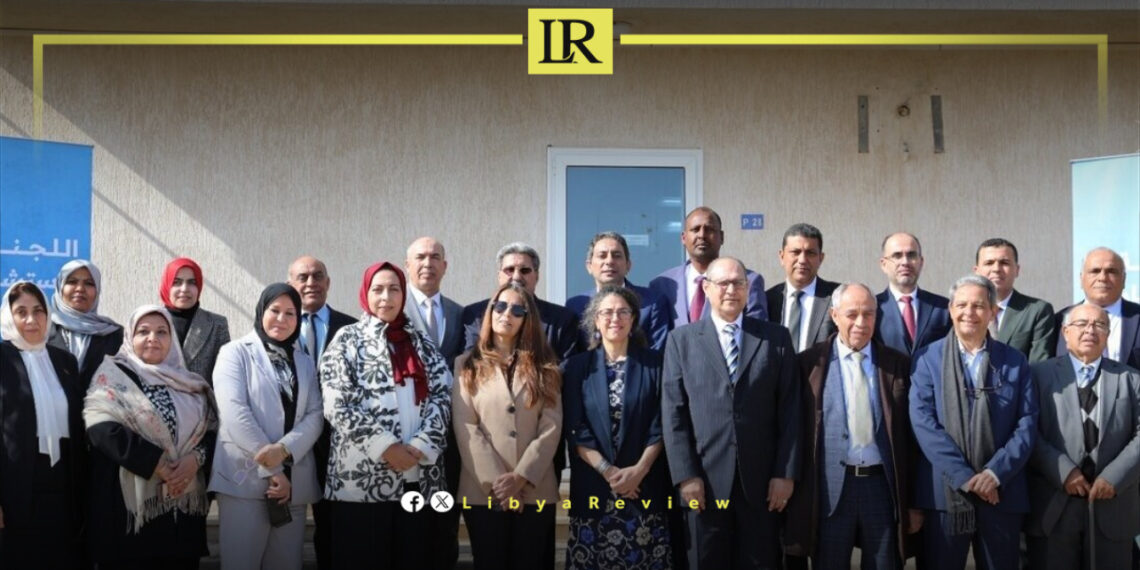The United Nations Support Mission in Libya (UNSMIL) announced on Saturday that its Advisory Committee has recommended the formation of a new government with limited powers to ensure electoral neutrality and a credible political transition.
In its statement, the UN mission said the committee studied several proposals aimed at resolving the ongoing deadlock over executive authority. After evaluating both formal submissions and public declarations, the committee dismissed several scenarios it deemed risky or unworkable.
Among the rejected proposals was the idea of establishing three regional governments alongside a central one—an option the committee warned could lead to national fragmentation. It noted that such a decentralisation model, while addressing trust and inequality concerns, poses constitutional challenges, risks overlapping jurisdictions, and undermines national unity.
Another suggestion—the political merger of Libya’s rival governments—was also rejected. The committee argued that while this could reduce tensions temporarily, it lacks the necessary guarantees for neutrality and could reignite conflict, undermining the transitional process.
The UN statement added that the Advisory Committee found proposals involving shared political and security leadership to be unstable. It said such arrangements would rely on temporary power-sharing, erode public trust, generate confusion about executive roles, and attract limited national support.
The idea of holding elections under two competing governments was also deemed unfeasible. According to the committee, this approach would deepen political divisions, complicate coordination, and disregard the crucial role of a unified executive authority in maintaining national stability and public services.
The committee stressed that elections cannot take place under a divided executive. It concluded that forming a single, neutral government is essential to preserving Libya’s territorial integrity and ensuring a successful electoral process.


